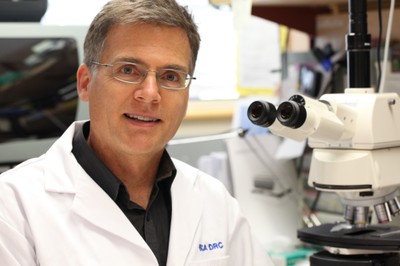182 participants 124 posters 7 speakers
OUR THEME
Speakers at BIG19 will be covering the broad topic of evolution - from both a microscopic and macroscopic perspective. Our diverse speakers have unique perspectives on cancer biology, population dynamics, and the evolution of therapies to treat disease.
For a full schedule of last years’ events, click here.
PLENARY SESSION I:
Cooperation incarnate: How regulation and cheater detection stabilize cooperation from cells to human societies
Dr. Athena Aktipis, MA, PhD
Arizona State University
Cooperation is part of what defines us – as multicellular organisms, as social animals and as humans. As multicellular organisms, we are made of trillions of cooperating cells – we are literally cooperation incarnate. We cooperate with each other as well, sometimes without expecting anything in return. My work explores the question: Are there general principles that underlie cooperation across all systems, from cellular societies to human cooperation? In The Human Generosity Project, we incorporate computational modeling, experiments with human participants in the lab and work at nine fieldsites around the world to understand human sharing. In my work on cooperation and cheating in the evolution multicellularity, I focus on the question of how large multicellular bodies can evolve cooperation among trillions of cells despite the constant threat of cellular cheating, i.e., cancer. Cancer is essentially a breakdown of multicellular cooperation, and so cooperation theory is an essential tool for understanding why we get cancer and what we can do to better prevent and treat it. Across all of these systems, cheater detection and behavior regulation play important roles in stabilizing cooperation. In this talk I will discuss the fundamental principles of cooperation that span from cellular societies to human societies, and how these principles can be leveraged to improve human health and wellbeing.
PLENARY SESSION II:
Deciphering and re-engineering the immune response to cancer
Dr. Brad Nelson, PhD
Deeley Research Centre



